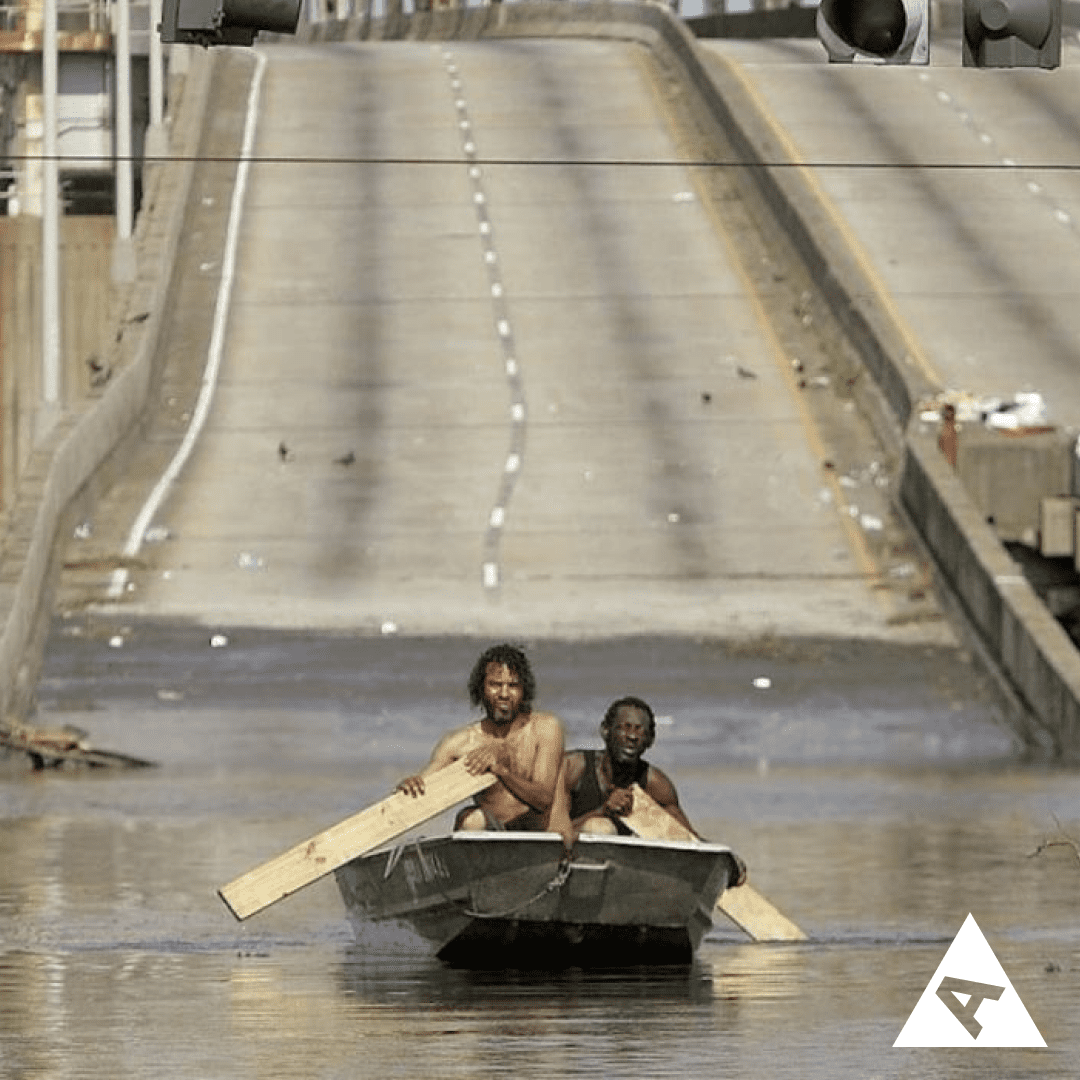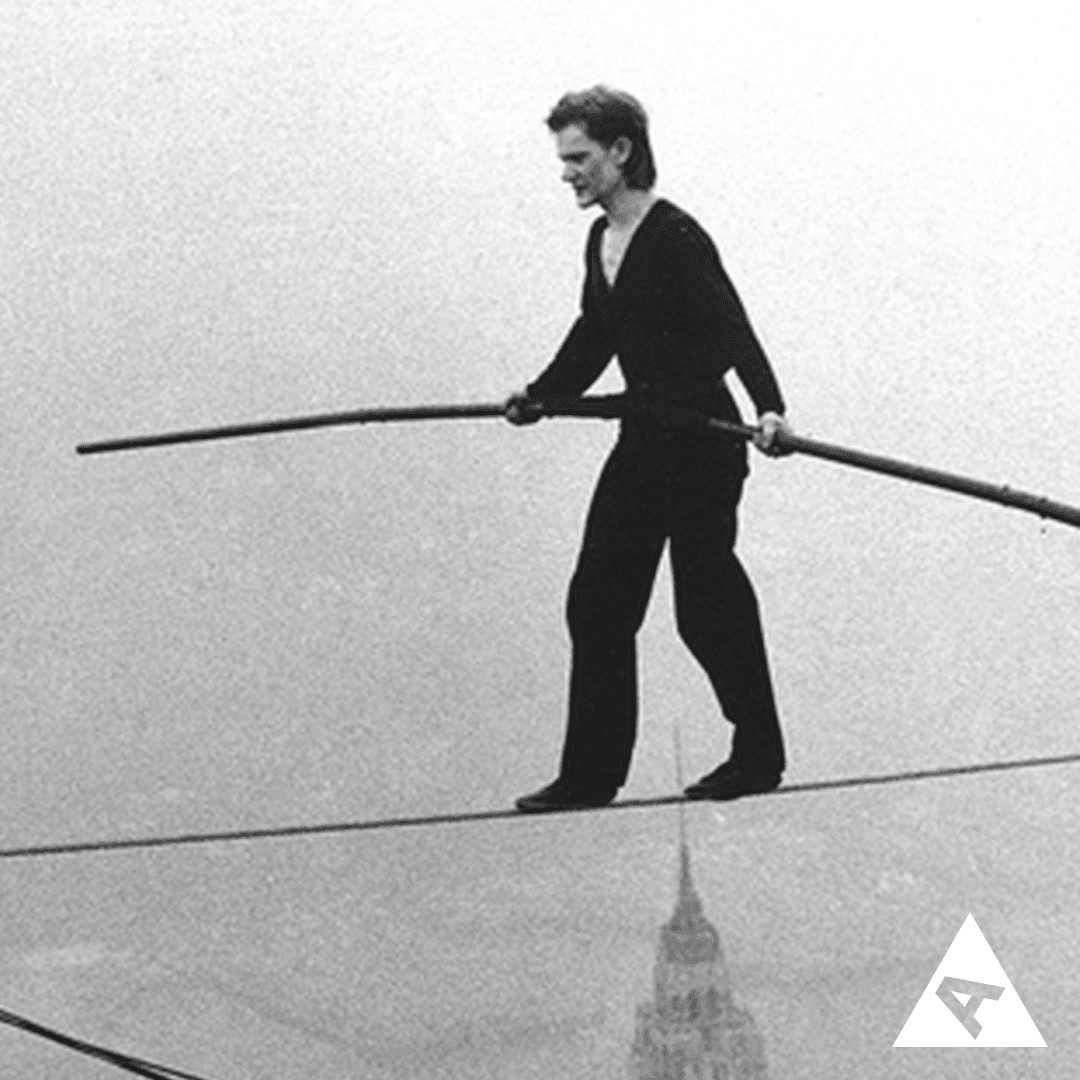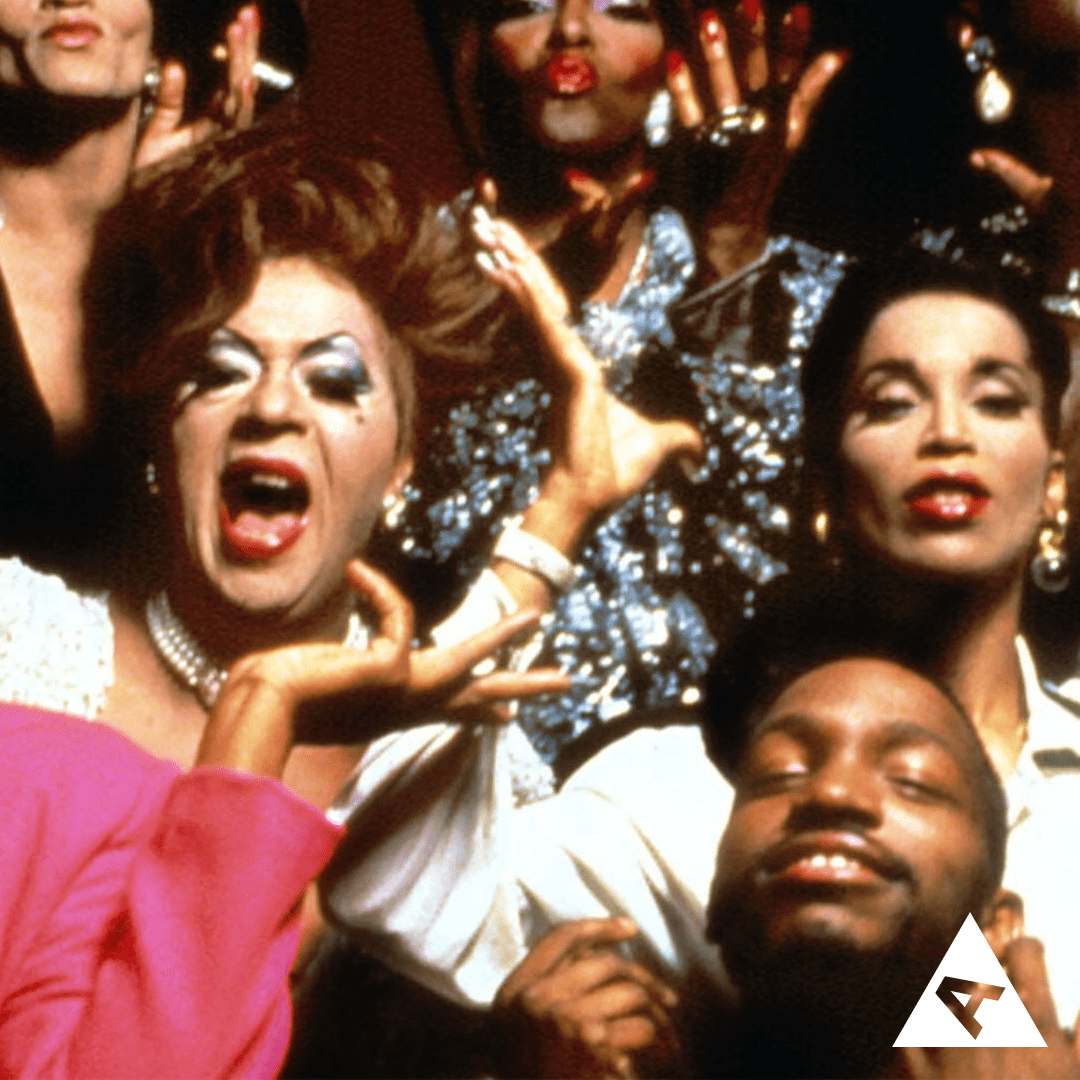Anthemic Docs
The Anthem Awards honors people, companies and organizations creating purpose & mission-driven work worldwide. To celebrate the inaugural season, we’re featuring groundbreaking documentary films that cut through the noise, connect a spectrum of global identities, and change the world.
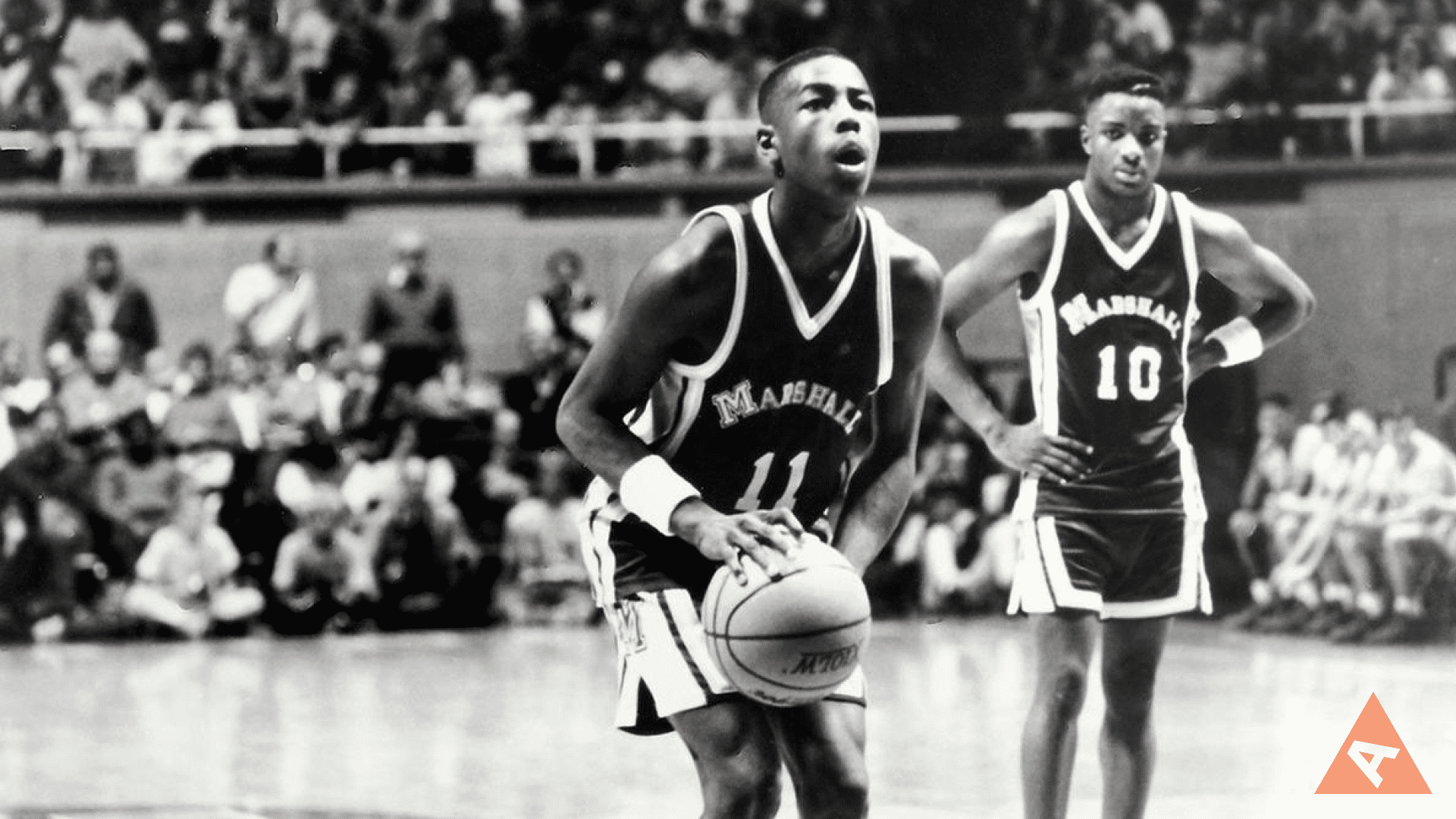
Jane
Jane is an absorbing experience that places the audience into the mid-1960s in Tanzania’s Gombe Stream National Park where primatologist, conservationist, and humanitarian Jane Goodall went into the forest to research chimpanzees in their natural habitat. Directed by Brett Morgen, this 2017 documentary is a stunning achievement in reconstruction of historic footage and groundbreaking, immersive storytelling.
When the Levees Broke
When the Levees Broke: A Requiem in Four Acts is a reminder of the importance of holding to task those in power. Spike Lee’s 2006 epic analysis, through powerful images and candid interviews, exposes the government’s failures in engineering, crisis management, and in providing emergency relief during and after Hurricane Katrina devastated Louisiana, and explores how these failures are at the intersection of race, class, and capitalism. It’s a heartfelt, courageous film that serves as a testament to preventing history from repeating itself.
Hoop Dreams
Hoop Dreams unlocked the dynamic storytelling possibilities of narrative nonfiction and has been deeply influential in documentary filmmaking and in our culture for decades. This 1994 classic by Steve James, Frederick Marx and Peter Gilbert takes us into incredibly rich emotional territory as it follows two ambitious Black teenagers from Chicago who dream of the glory of professional basketball. The time and care put into the project makes the groundbreaking film an immersive, sincere, character-driven portraiture and an epic chronicle of hope and faith that remains a cultural touchstone to this day.
Man on Wire
On August 7, 1974, Philippe Petit walked on a high wire more than 1,300 feet in the air, suspended between the tops of the Twin Towers of the World Trade Center. Man on Wire, the 2008 documentary directed by James Marsh, pairs footage from the event seamlessly with new re-enactments while following his attempts to walk on a tightrope from one tower to the other. “There is no why,” he said in Man on Wire. “To me, it’s, it’s really, it’s so simple, that life should be lived on the edge of life. You have to exercise rebellion, to refuse to tape yourself to rules, to refuse your own success, to refuse to repeat yourself, to see every day, every year, every, every idea as a, as a true challenge, and then you are going to live your life on a tightrope.”
!Palante, Siempre Palante!
!Palante, Siempre Palante! is an award-winning documentary about the Young Lords, the leftist militant group modeled after the Black Panthers and started by young Puerto Ricans in Chicago to radically demand reform in health care, education, housing, employment and policing the late 60s through the early 80s. Pa’lante, meaning “onwards” or “forward” was the title of the community newspaper they published. Deputy minister of education for The Young Lords, Iris Morales, produced, wrote, and co-directed this powerful and vibrant film with care for the veterans of the movement, who recall first-hand their fight for equality, jobs, health care education and better treatment for the community.
Paris is Burning
Paris is Burning is the quintessential documentary on the New York ballroom scene and the story of drag, as told by the Black and Latinx queer and trans queens at the center of the historically, politically, and aesthetically significant subculture. The poignant, profound film from 1990 features legends like Willi Ninja, Pepper LaBeija, Avis Pendavis, and Venus Xtravaganza, whose sharp and complex observations on gender, race, class, and sexuality, packed with of wisdom and humor, make Paris is Burning so vital and persistent.

Blackfish
Blackfish was released in theaters and on CNN and later distributed on Netflix, which allowed discussion of the issue to reach large audiences. Though SeaWorld and other aquatic entertainment parks attempted to discredit the documentary, public feedback was such that the company stopped its captive orca breeding program in 2016. Blackfish demonstrates just how important documentaries can be in affecting real change, providing a much-needed spotlight on issues that fall under the radar and lessons that will continue to resonate positively going forward.

Harlan County, USA
Back in 1976, filmmaker Barbara Kopple directed a documentary about a coalminers’ strike in Kentucky, that would go on to win an Academy Award for its unsparing focus on the plight of coalminers under the thumb of a powerful mining company. The company’s response to the strike reflected the plight of disempowered workers around the country, and Kopple and her crew were on scene to capture the lengths a company would go to keep wages low.
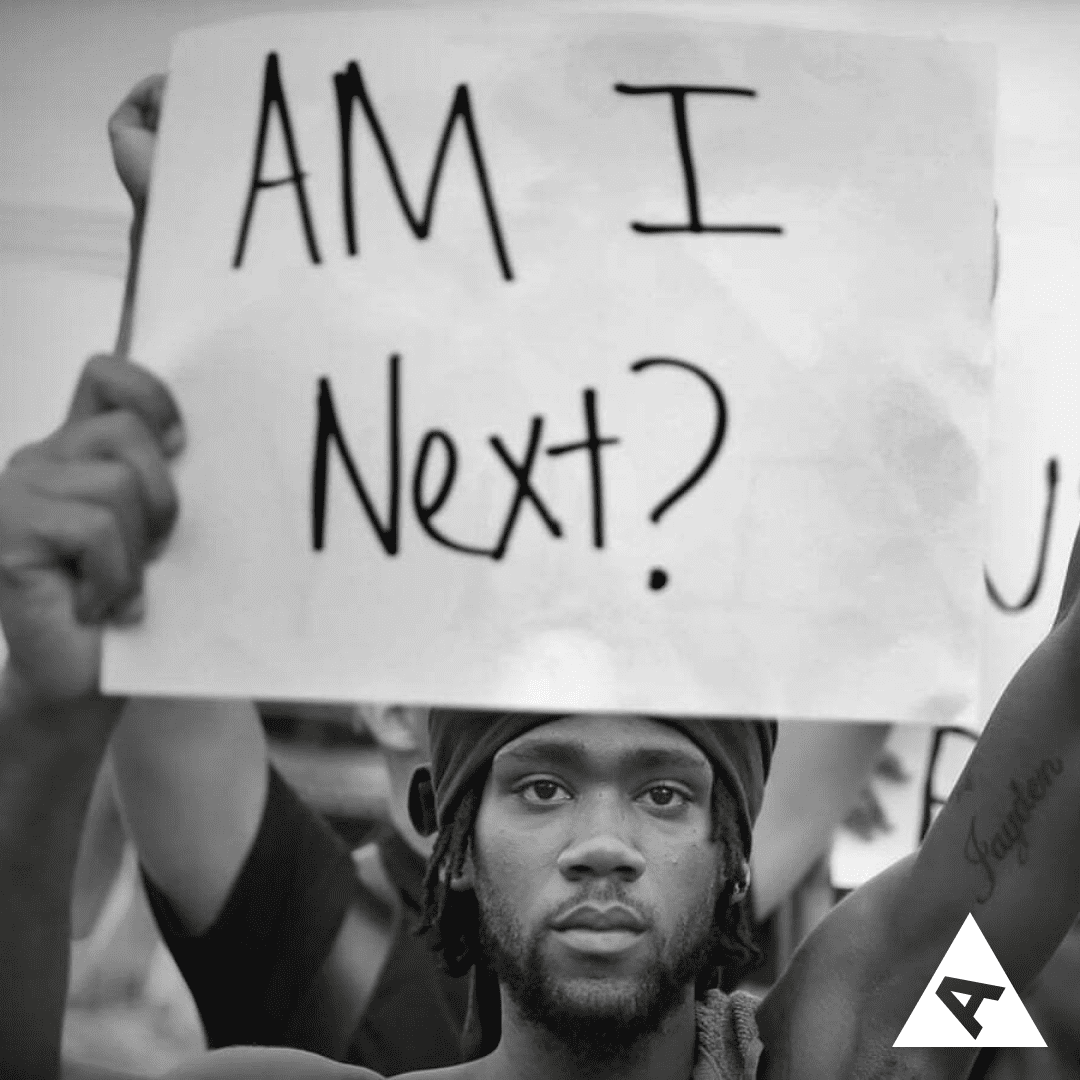
13th
Ava DuVernay’s 2016 documentary 13th takes its name from the 13th Amendment to the US Constitution, which, while nominally ending slavery, included a caveat that permitted involuntary servitude as a criminal punishment. This system in turn laid the groundwork for a profit- and racism-driven criminal justice system that put a disproportionate number of Black Americans into US prisons and maintains the social inequities that persist today.

Knock Down the House
By now, House Representative Alexandria Ocasio-Cortez is one of the most well-known names in US politics, representing a new generation at odds with a system that maintains disparities in wealth, access to healthcare, and what it takes to obtain justice. Knock Down the House, a documentary by Rachel Lears, chronicles AOC’s groundbreaking 2018 congressional campaign alongside those of Democrat candidates Cori Bush, Ami Vilela, and Paula Jean Swearingen. The four women embarked on underdog gambits for seats in the US House, all motivated by personal experiences that highlight the inequities they vow to correct.



